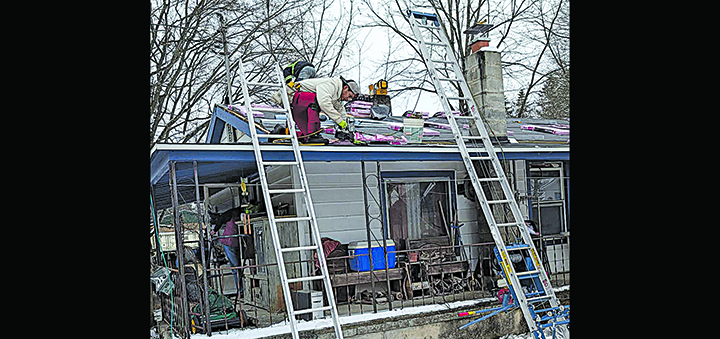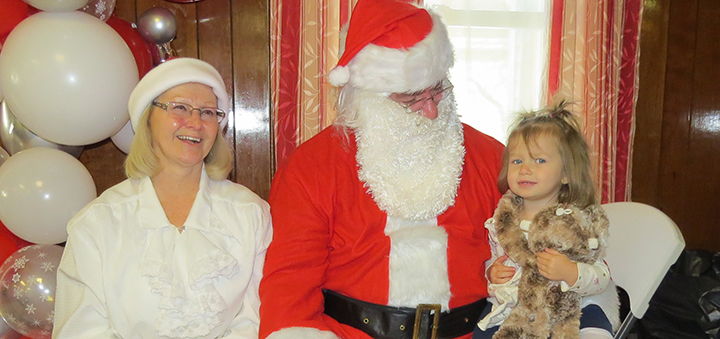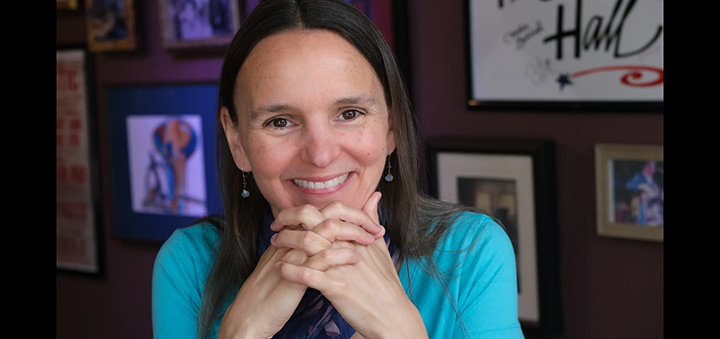It could be a long wait
We’ve heard it from women throughout this campaign: “I’d love to see a woman president – just not this woman. I’ll wait for the right one.” Don’t hold your breath. Hillary Clinton may have been uniquely positioned to break through the all-male barrier to president.
Women who find Clinton’s candidacy somehow tainted by the fact that she derives power from her husband’s presidency fail to understand traditional paths to female political power. For decades in this country, a woman only made it to Congress as the widow of a congressman. Many of them went on to exert considerable influence. (Cokie’s mother, Lindy Boggs, is one example.)
And if you look abroad, you often see women rising to high office after their husbands or fathers: Argentina’s Cristina Kirchner succeeded her husband, and Gloria Macapagal-Arroyo, the current president of the Philippines, along with India’s Indira Gandhi, Pakistan’s Benazir Bhutto and Indonesia’s Megawati Sukarnoputri all followed in their father’s footsteps to head their nations.
Without the connections made when her husband campaigned for and served in the presidency, Hillary Clinton would have never been able to put together the money and staff to run a credible national campaign. And without her own years in the White House in addition to her Senate service, she would not be able to claim the experience voters continue to cite as her most compelling attribute.










Comments